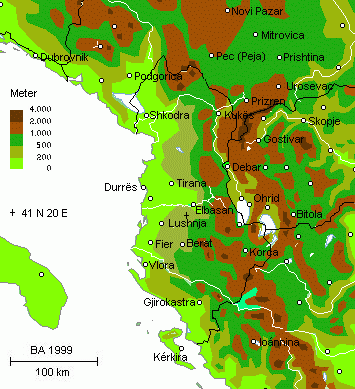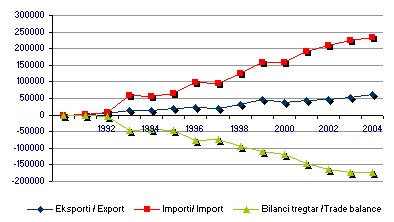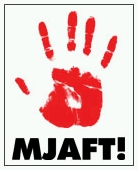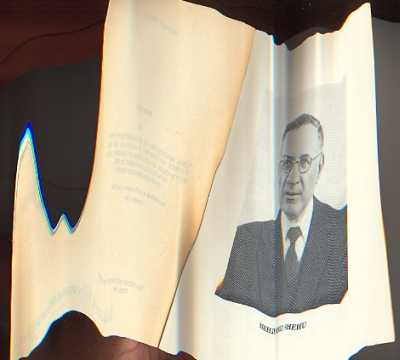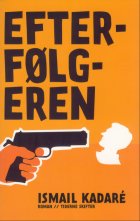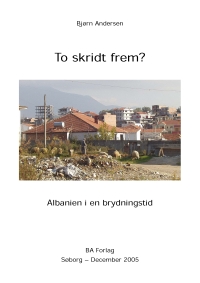Sidste Nyt fra Albanien, Kosóva og Makedonien
The Latest News from Albania, Kosóva and Macedonia
![]()
# 320 - 8' årgang - 13.10.2006
Version 1.0 •
PDF for printing •
Info om »Sidste Nyt« •
Tidligere numre
Udgiver:
Bjørn Andersen
Publisher:
Bjoern Andersen

Det Albanske Medieinstitut og OSCE i Albanien har udsendt Etiske Retningslinier for Albanske Medier.


